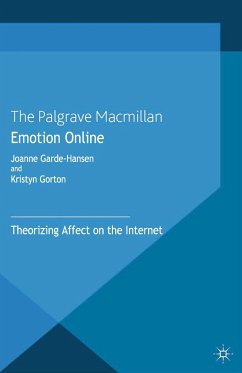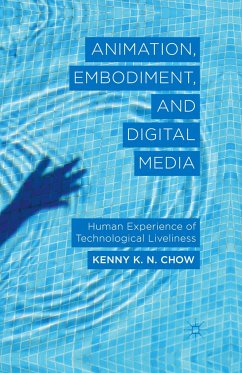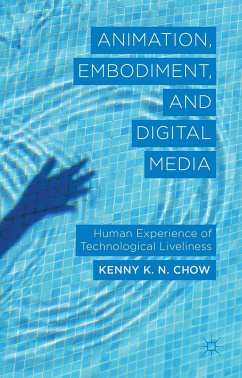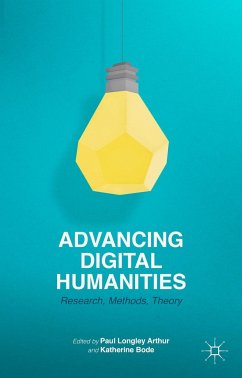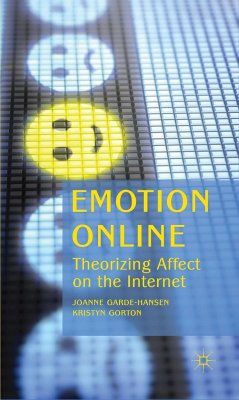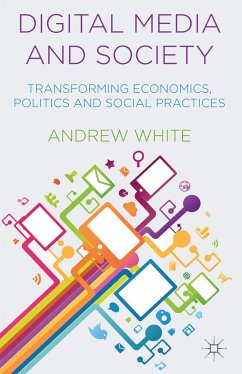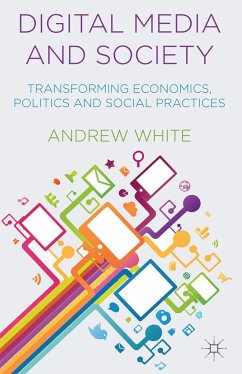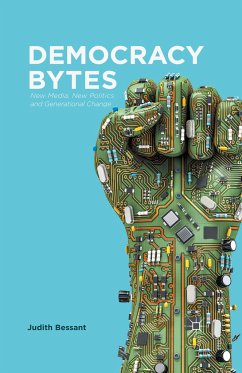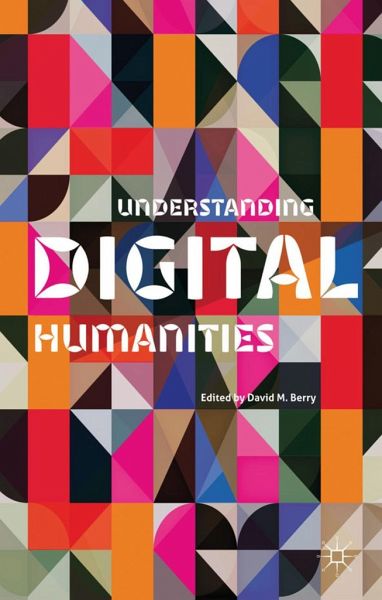
Understanding Digital Humanities
Versandkostenfrei!
Versandfertig in 6-10 Tagen
76,99 €
inkl. MwSt.

PAYBACK Punkte
38 °P sammeln!
Confronting the digital revolution in academia, this book examines the application of new computational techniques and visualisation technologies in the Arts & Humanities. Uniting differing perspectives, leading and emerging scholars discuss the theoretical and practical challenges that computation raises for these disciplines.






